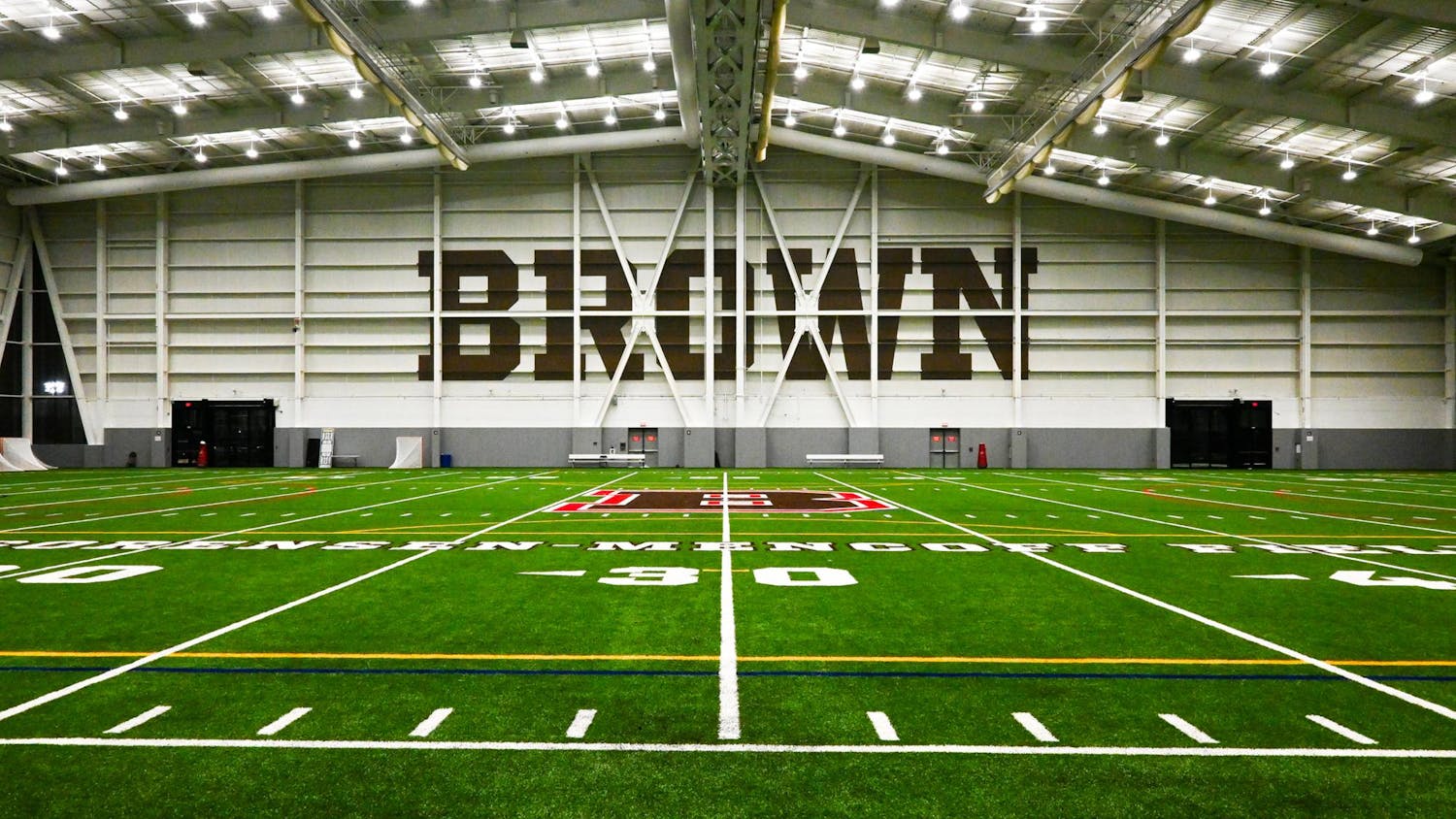Collegiate athletics is littered with stories of departments, coaches and teams fighting to gain the upper hand — legally or not. Amidst an impermissible benefits scandal at the University of Southern California, the football team was stripped of its 2004 National Championship and current Buffalo Bills running back Reggie Bush lost the Heisman Trophy he won that year. The University of Michigan’s “Fab Five” basketball team was brought down years after they played when it was revealed that a booster, Ed Martin, had provided over $600,000 in loans to players on the team, including future-NBA All-Star Chris Webber. Michigan then vacated 101 wins over a five-year stretch in response. The University of Louisville’s basketball team, a powerhouse, was enveloped in scandal when it was revealed that a former graduate assistant coach threw parties for players and recruits filled with strippers and even paid them for sex with the players. Louisville has since received four Level I violations from the NCAA.
As Tar Heel fans rejoice and Duke fans weep after Monday’s National Championship victory over Gonzaga University, the media has made a point to remember a scandal from 2014 involving the University of North Carolina Chapel Hill: an academic cheating scandal in the university’s African and Afro-American Studies department. For over a decade, 200 fraudulent classes were offered by the department. The reports that stemmed from this scandal were shocking. Forty percent of the students in the classes were football and basketball players, some professors never showed up to teach classes, and, in some cases, the only requirement was a final paper. Numerous, dubious independent study programs were offered by the department, and there was even a case where the department chair was listed on the syllabus. He told university investigators he did not teach the class. In a report from former U.S. Justice Department official Kenneth Wainstein, it was alleged that over 3,100 athletes were affected by this scandal, which helped them maintain GPAs above the minimum for eligibility.
UNC’s internal intentions may never be known, but what is known is that over 3,100 student-athletes were failed by their institution. At top programs across the country, athletes are often regarded with god-like status on campus and in the local community. Many athletes at these programs have never been cut from a team before nor realized they do not have what it takes to succeed at the next level. Yet, in the NBA, the average career-length for a player is six years, as of 2010. The National Football League Players Association estimates the average career-length of a football player is only 3.3 years. Most professional athletes will not make enough money in their careers to retire on — they will need their education.
But athletes today are raised in a cutthroat collegiate recruiting system that focuses on their current value. A national championship today means much more for the universities than the players, because schools benefit from merchandise sales, television revenue and other windfalls from the publicity, including a boost in applications for the next year. For the select few who achieve lengthy careers and manage their money well, their college years are merely a connection between high school and the pros. Yet, these players are few and far between, considering the vast number of athletes who play at the college-level. The others will have to rely on their college education to succeed in life. Those colleges that offer athletes easy routes to graduation and means for meeting minimum-GPA requirements are failing all those who do not make it in pro athletics. They are not living up to their mission statement; they are missing the mark for the athletes who give these universities so much in return.
This is not an indictment of UNC’s National Championship-winning team this year, who still answer questions about a scandal many were not involved in. Rather, it is a reminder of a college’s true mission: to educate its students and provide the skills necessary to thrive. Universities and athletic departments must be aware of the stark reality facing many of its college athletes after they graduate. Without the skill to succeed in the professional leagues, these players must rely on their education to contribute to society and have a safe, secure life. Actions like UNC’s send a message that athletes’ educations do not matter to the university, but their accomplishments on the field do. Colleges and athletic departments must find common ground between success for the school today and for the player tomorrow.
Jackson_Chaiken ’19 can be reached at jackson_chaiken@brown.edu. Please send responses to this opinion to letters@browndailyherald.com and other op-eds to opinions@browndailyherald.com.




